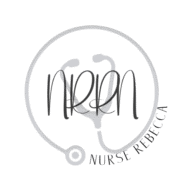
I used to think I was just “bad at dieting.” Like clockwork, the moment stress hit—kids fighting, bills piling up, a long shift at work—I’d find myself raiding the pantry like a raccoon on a mission. It wasn’t hunger. It was something deeper. A wave of tension in my chest, a buzzing in my brain that only a cookie (or six) could calm.
If you’ve been there too—eating not because you’re hungry, but because you’re overwhelmed—I want you to know this: you’re not broken, and you’re not alone. This kind of stress-driven munching? That’s called emotional eating, and it’s one of the most common habits I see in women who ask me how to stop it.
Stress eating isn’t about lack of willpower—it’s a habit loop your brain has learned to follow. But here’s the good news: what’s learned can be unlearned. That’s where neuroplasticity comes in.
So What Is Neuroplasticity, Really?
Neuroplasticity is your brain’s ability to rewire itself based on what you repeatedly do. Think of it like well-worn walking paths through a field. Every time you respond to stress with food, you strengthen that brain-path. It becomes automatic. Stress → Eat → Relief (at least temporarily).
But the same brain that built that path can build a new one—with intention, consistency, and the right tools.
With brain-based coping strategies, you can create a new loop:
Stress → Notice → Pause → Choose a different response → Real relief.
I didn’t believe this at first. I thought I was just someone who “needed” food to cope. But the science—and my own experience—says otherwise.
Where Emotional Eating Starts
For many of us, emotional eating triggers start young. Maybe food was comfort when things felt out of control. Maybe you were praised for “being good” if you finished your plate, or shamed for “sneaking snacks.” Over time, food becomes more than fuel—it becomes a tool to regulate emotions we were never taught how to sit with.
And because food lights up the brain’s reward centers (hi, dopamine!), it becomes a quick fix your brain loves to repeat. That’s how stress eating becomes a reflex, not a conscious choice.
But—and this is key—it’s not the only path. You can create others.
The Moment It Clicked for Me
One day, after a frustrating conversation at work and an emotional crash in the breakroom with a donut I wasn’t even hungry for, I had a thought:
“What if I’m not actually hungry? What if I’m just stressed and my brain doesn’t know what else to do?”
That question became the crack that let the light in.
I started learning about neuroplasticity and habits, not in a textbook, but as a real woman who was tired of white-knuckling cravings and calling it discipline. I didn’t want to just avoid food. I wanted peace. I wanted freedom. And slowly—messily—I started building new tools.
Step One: Name It to Tame It
This sounds simple, but it’s powerful. When you feel the urge to emotionally eat, pause and name the feeling.
Is it stress?
Loneliness?
Frustration?
Boredom?
The need to feel in control?
When you put words to it, you shift out of autopilot and into awareness. You turn on your prefrontal cortex (the rational part of your brain) and interrupt the loop.
Say it out loud: “I’m feeling overwhelmed, and my brain is telling me food will fix it.”
That alone is a powerful step in retraining your brain.
Step Two: Choose a Healthy Coping Mechanism
Here’s where the rubber meets the road. You’re not just stopping the old loop—you’re replacing it with a new one. This is neuroplasticity in action.
I started with small swaps:
Three slow breaths with my hand on my heart
Sipping peppermint tea while walking outside
Journaling for five minutes (sometimes just venting onto paper)
Putting on music and dancing it out in the kitchen
These might sound simple. But every time I chose one, I was laying new neural tracks. I wasn’t trying to “distract” myself—I was building emotional fluency. Creating healthy coping mechanisms that actually addressed the stress, not buried it in sugar.
Step Three: Repeat, Repeat, Repeat
The brain doesn’t change overnight. But it does change.
The more you repeat a new behavior, the stronger that pathway becomes. The key to breaking the stress eating cycle isn’t perfection—it’s consistency.
Some days I still ate the chocolate anyway. That’s okay. Because the next day, I paused. I noticed. I chose again.
Your brain is paying attention, even when it feels like you’re failing.
Step Four: Track Your Triggers
Awareness is your superpower here. I started jotting down when I noticed emotional cravings: 3 p.m. crash, right after a tense conversation, when I felt lonely at night, or even when I was bored but overstimulated.
Knowing my patterns helped me prepare. Instead of white-knuckling through the moment, I could say, “Ah, this is that spot where I usually snack. What else do I need right now?”
Try keeping a note on your phone with your top emotional eating triggers. Over time, this becomes part of your toolbox.
You’re Not Weak—You’re Wired
This was one of the most healing realizations I had: emotional eating didn’t mean I lacked discipline. It meant my brain had been trained to seek comfort in food. And that same brain could be trained to seek something else.
You’re not broken.
You’re not hopeless.
You’re just wired—and your wiring can change.
With awareness, compassion, and repetition, you can learn how to manage stress without food. You can build new pathways that lead to calm, connection, and self-trust.
Need Emotional Eating Help That Feels Realistic? Let’s Do This Together.
If this resonated with you, even just a little, I want to invite you to take the next step. This is the exact kind of work I do with women in coaching—we don’t just talk about what to eat, we work through why you eat when you’re not hungry and what can actually help instead.
🔍 Start with the free quiz: What’s Sabotaging Your Healthy Habits?
Get to the root of what’s holding you back—and what to do about it.
📘 Grab your free copy of The Inner Critic’s Playbook: Food Mindsets That Sabotage Your Health
Learn to recognize the sneaky beliefs that keep you stuck in self-sabotage.
📊 Track what your body really needs with the What Spikes Me? Workbook
A 7-day glucose experiment that helps you tune in—not restrict.
💬 Need one-on-one support? Book a free 60-minute call with me.
No pitch. No pressure. Just a nurse helping a fellow woman navigate stress, food, and freedom.
👉 Click here to schedule your free session
You don’t have to stay stuck in the pantry. You can build a new path—one breath, one pause, one choice at a time.
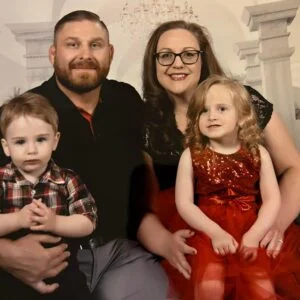
Rebecca Paeth, BSN-RN
Nurse Rebecca Health Coaching
Join me on my journey to a healthier lifestyle
I'm Rebecca, and I've been where you are.
If you’re tired of the endless cycle of dieting and conflicting health advice, feeling overwhelmed and longing to truly understand how to nourish your body and feel good in your own skin like I did, you’re in the right place. Through my blog, I share insights on weight loss, mindset, neuroplasticity, nutrition, and self-care to empower you on your wellness journey. Whether you’re seeking personalized guidance to address specific health challenges or you’re ready to break free from restrictive diets and embrace body acceptance while achieving sustainable weight loss, I offer coaching programs designed to help you cultivate lasting health and body confidence. Ready to explore a different path?

Benefits You Can Expect
Personalized, Evidence-Based Support
One-on-one sessions tailored to your health history, goals, and lifestyle—rooted in nursing expertise and current wellness science.
Mindset Transformation for Lasting Change
Guided coaching to help reframe limiting beliefs around food, body image, and health—so you stop sabotaging your progress.
Clear, Actionable Guidance Without the Overwhelm
Practical tools, customized strategies, and compassionate support to help you take consistent, manageable steps forward.
Our Happy Clients!
“Working with Rebecca completely shifted my mindset.”
I had tried everything—diets, workout programs, you name it—but nothing ever stuck. Rebecca showed me how to reframe my beliefs about food and my body. I’m losing weight without trying to lose weight!

Rated 5 out of 5
Sarah L.
“I finally feel in control of my health for the first time in years.”
Rebecca didn’t just focus on my symptoms—she really listened to my story and helped me understand the root of my challenges. Her guidance was practical and tailored to me, and now I feel empowered to make choices that support my health every day.
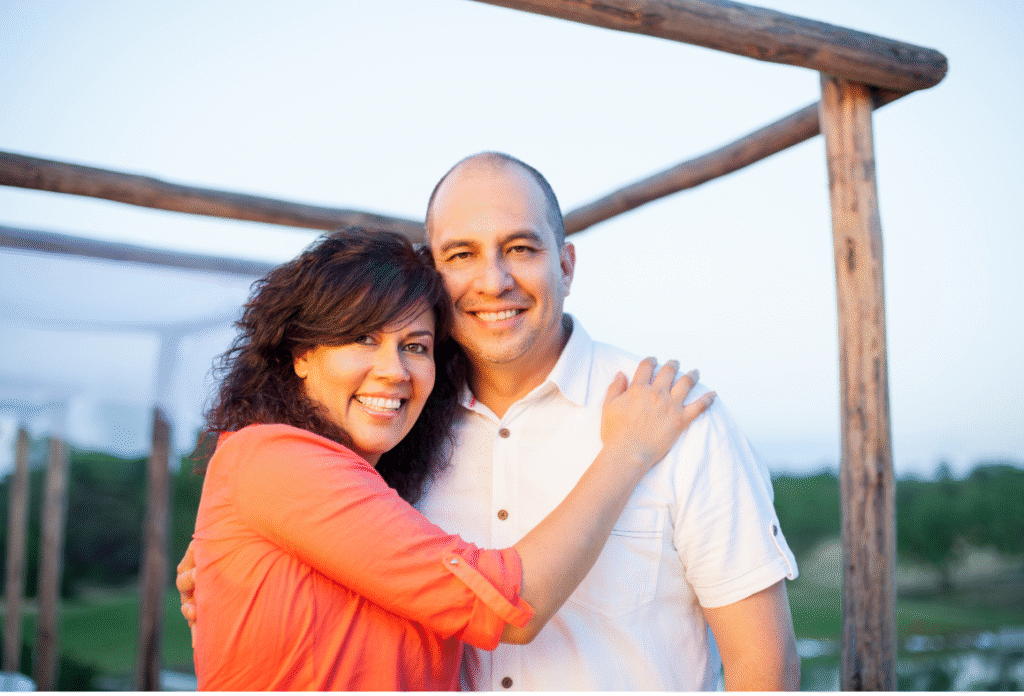
Rated 5 out of 5
Lisa S.
“Rebecca’s support made all the difference.”
Having someone who understands both the medical side and the emotional side of health was a game-changer for me. Rebecca provided me with actionable steps, encouragement, and accountability every step of the way. I can’t recommend her coaching enough!

Rated 5 out of 5
Kimberly F.
How It Works
Schedule Your Free Consultation
Book a no-pressure session where we’ll talk about your health goals, struggles, and what’s been holding you back. You’ll walk away with clarity—even if you don’t sign up.
I Handle the Details, You Focus on You
Based on your unique history and needs, I’ll create a personalized plan—no generic advice here. You’ll get clear next steps, ongoing support, and a roadmap that fits your life.
See Real, Sustainable Results
With consistent guidance and mindset shifts, you’ll feel more in control of your health, more confident in your choices, and more connected to the person in the mirror.
What’s Included in Your Coaching Journey
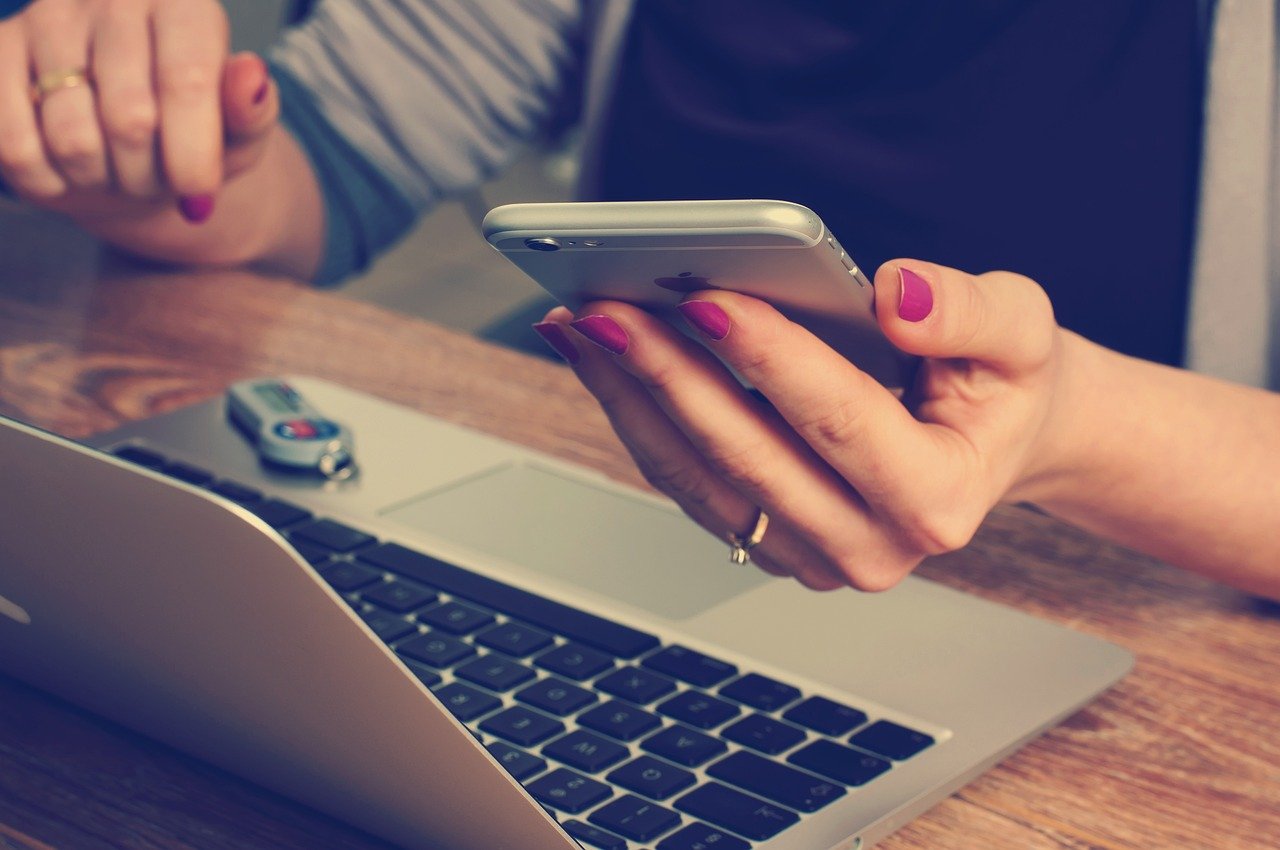
1-on-1 Coaching Sessions
Personalized 60-minute sessions tailored to your unique health goals, lifestyle, and challenges.

Custom Wellness Plans
A roadmap designed just for you—no generic advice, just focused guidance based on your needs and medical background.

Tools to Support Change
Worksheets, journaling prompts, and reflection exercises to help you stay mindful and motivated between sessions.
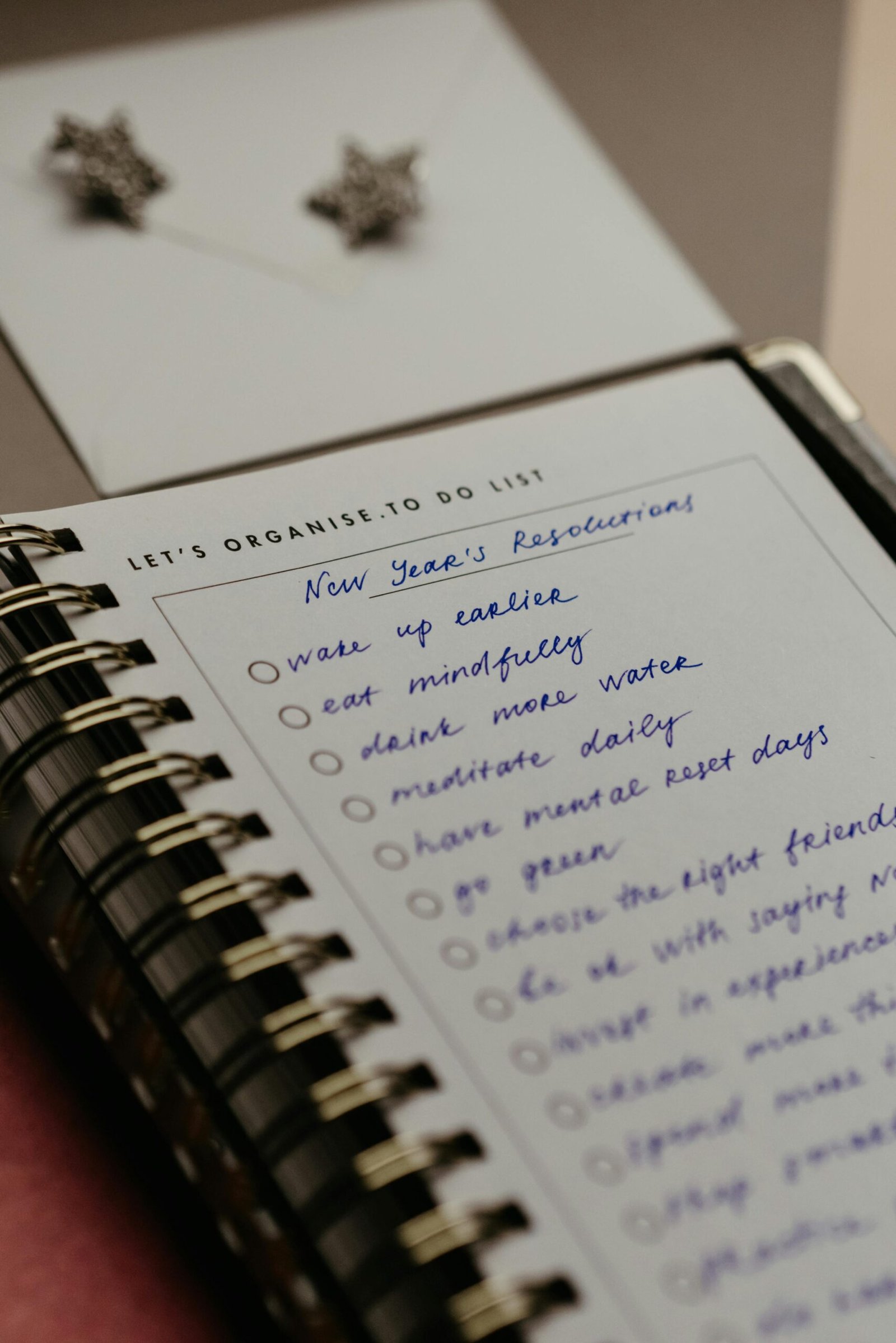
Progress & Accountability Tracking
We’ll track what matters most to you—from energy to mindset to symptom relief—so you can see real growth.
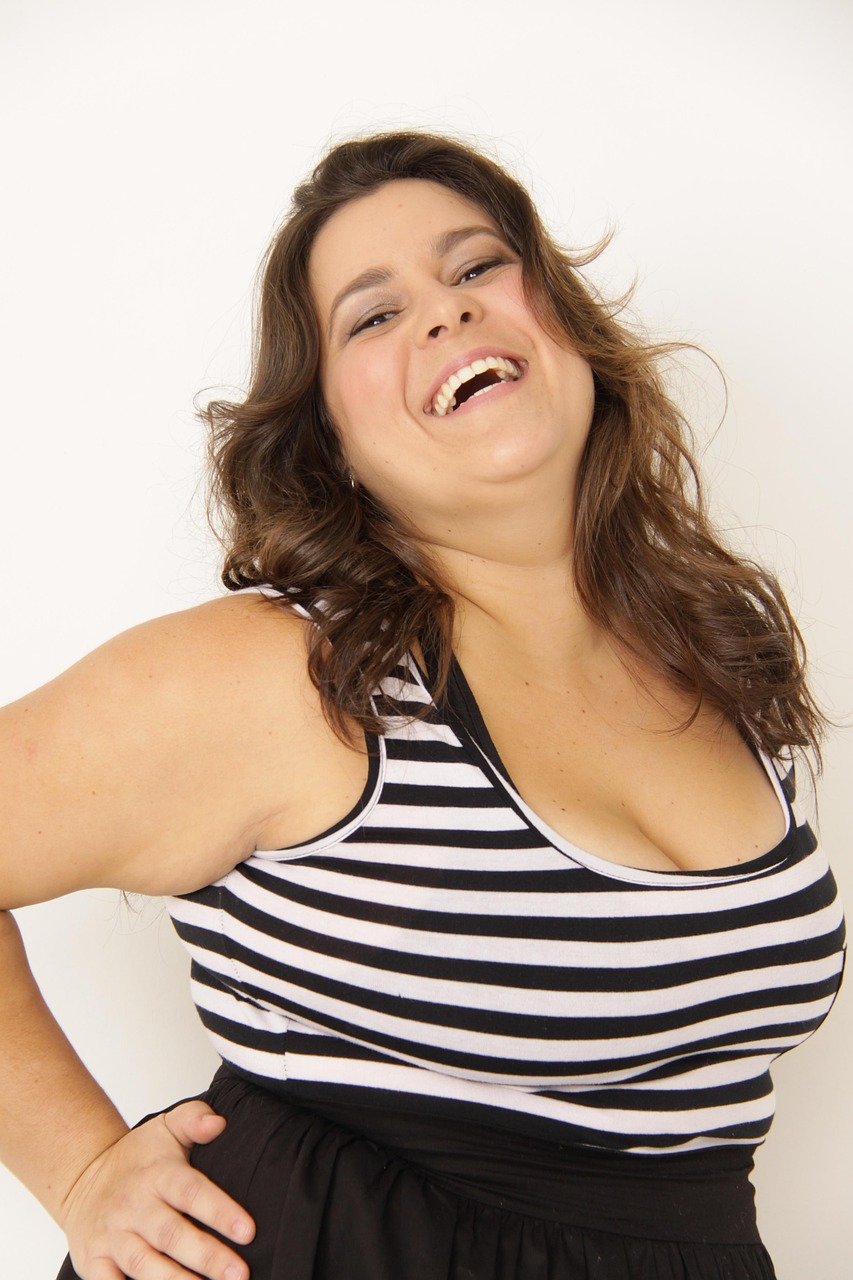
Mindset & Habit Coaching
Break free from old patterns and build new habits with a focus on lasting behavior change—not quick fixes.
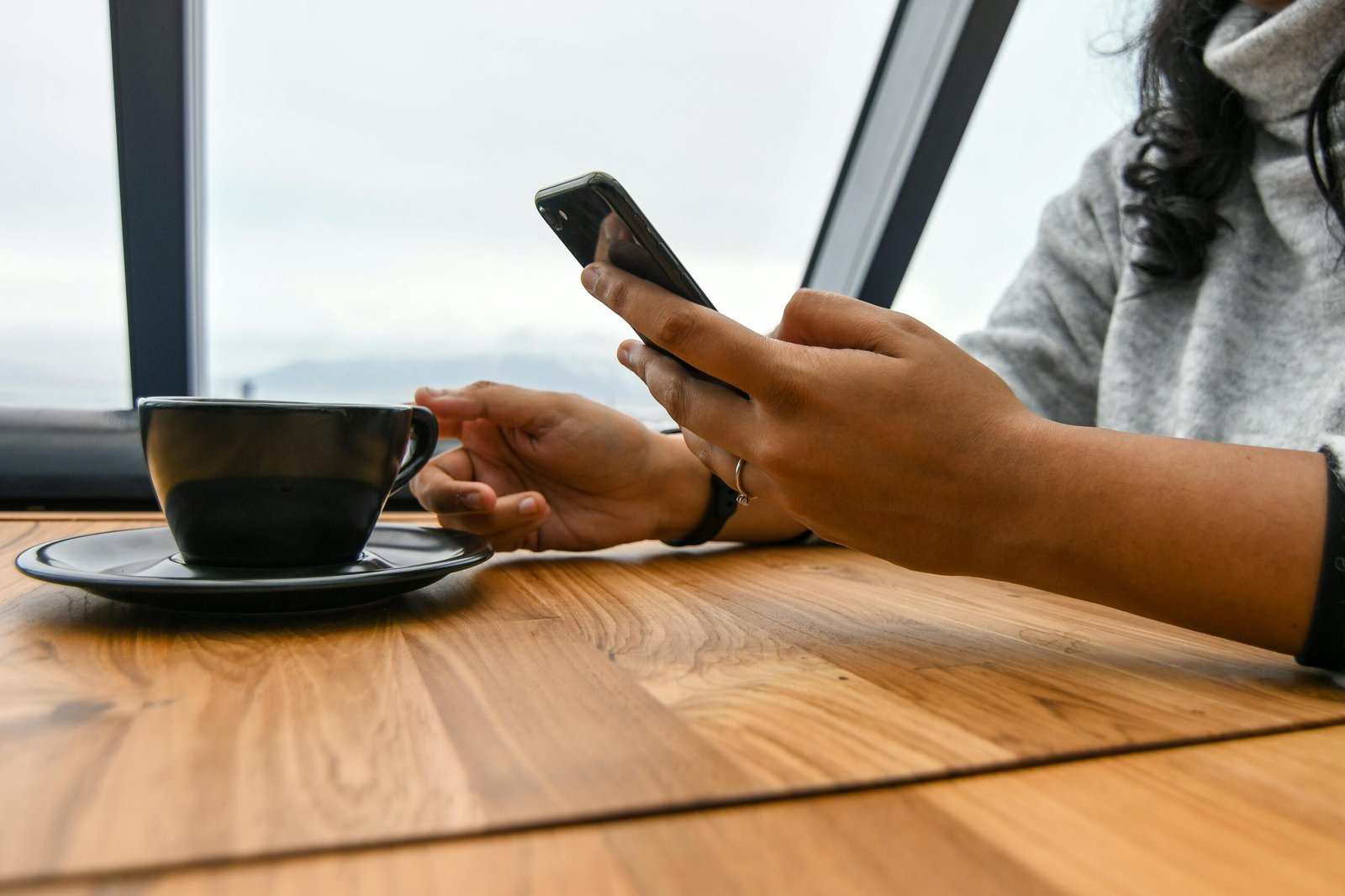
Ongoing Support Between Sessions
Stay connected with check-ins and direct access to me for questions, encouragement, and clarity when you need it.
Ready to Take the First Step Toward a Healthier, Happier You?
You don’t have to figure it out alone. Whether you’re managing a chronic condition or tired of the constant struggle with weight and self-doubt, support is here.
